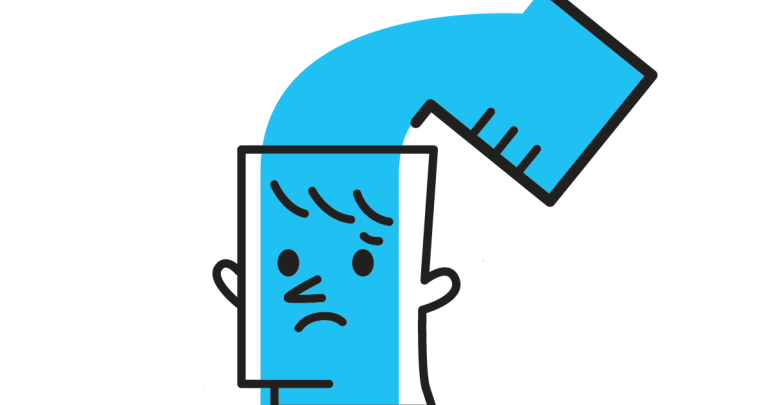Can We Say Learning Has Taken Place If The Knowledge Is Soon Forgotten?

The uncomfortable truth is that lessons are not as valuable as we think they are if they are continually thrown away after only one year

Imagine if I told you that none of your past pupils remembered anything you had taught them. Nothing at all, not even the tiniest detail.
Would you care? Would you wish you had done anything differently? If so, what would it be?
These questions started circling my mind last summer as I dusted off the piles of old exercise books which had been gathering on the shelves since the previous September, ready for the children to take home.
These books, thick with hard work, were small memorials to the blood, sweat and tears that went into planning and preparing each lesson. But what was it all for? If those books went into the recycling bin, what would remain of my lessons?
The most remarkable thing about this question is that I have never asked it of myself.
I would feel guiltier were I not in such good company. Even the great Clare Sealy, the headteacher of a primary in Bethnal Green who wears her ‘traditional teacher’ badge with pride, conceded that if the national curriculum said to teach Y4 the Aztecs, we’d teach it.
She said, ‘Whether they remembered anything about the Aztecs by the time they got to Y5 was not something that had ever, in my wildest dreams, occurred to me.’ While Clare has worked hard to address this problem in her school, I would bet my bottom dollar that it still represents the default position of most primary schools around the country.
My own epiphany came when a friend of mine, who teaches Y6 in an Ofsted outstanding school, decided to conduct a little experiment.
His school had been teaching the same curriculum for three years, following the same plans and undertaking the same projects and school trips each year. He looked through old plans and portfolios of work and devised a rudimentary quiz on some of the main topics that had been covered. He deliberately made the questions as basic as possible, and made sure they covered the exact content that had been covered by his pupils in Y3, 4 and 5.
The results were shocking, but not altogether surprising. Only 25% of his class scored more than 30%, which suggests that 75% of children had forgotten 70% of what they had been taught.
Clearly, this was not the most scientific of experiments, and provides only the smallest of glimpses into one school’s practice. But if we are being completely honest with ourselves, how many of us would feel confident about our own pupils scoring higher than 30% by the time they got to Y6? And what about Y9?
For me, these questions go to the core of what it means to be a teacher, and what the very purpose of our lessons is. Like many, the uncomfortable realisation is dawning on me that many of my lessons are not lessons after all, but fleeting fireworks – some of them interesting, some of them joyous – but none of them particularly effective at transferring knowledge from A to B.
And if you felt a little shudder at the word ‘knowledge’ in that last sentence, fear not. I am not trying to score ideological points in the never-ending debate between progressives and traditionalists. Nor am I trying to shame anybody.
I know for a fact that had I walked into any one of the lessons in question at my friend’s school, I would have been in awe at the dedication and hard work of the staff. I would have seen and felt the depth of relationship between teacher and pupil, as well as the passion for the topics being taught. However, if we define learning as a change in long-term memory, then we as a profession have some serious thinking to do.
While there has been no shortage of debate about teaching methodology, there is still very little discussion of how we get our children to remember what we teach them.
This surely needs to be at the heart of all teacher training. I know countless teachers who view their lessons as gifts – tenderly wrapped jewels from every corner of this wonderful planet, passed on with love and care. But the uncomfortable truth is that these gifts are not as valuable as we think they are if they are continually thrown away after only one year.
Whether it is Roman building techniques or how to treat others with respect, let us agree on a new measure of success: how much will they remember in five years’ time?
Solomon Kingsnorth is a KS2 teacher and blogger from Birmingham. Find his monthly digest of children’s books here and find him at medium.com/@solomon_teach and on Twitter at @solomon_teach.












